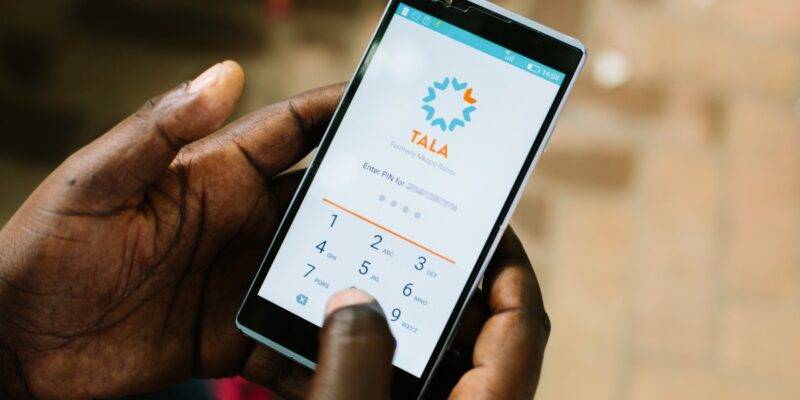Anyone that is a regular loan borrower on digital platforms can testify to the sudden cut-off that was introduced earlier this year. Well, you should now know that banks operating in the country chose to tighten the access to these loan services due to the six-month freeze on listing defaulters with credit reference bureaus (CRBs).
KCB Group, Equity and NCBA all came out to report that they decided to slow down digital loans in order to avoid higher defaults. This action followed the order by the Central Bank of Kenya (CBK) to all lenders to stop listing defaulters between April 1st and end of September.
According to the lenders, the listing relief that was offered by CBK saw a laxity from customers when it came to repaying the loans most of which are taken for consumption.
“Without the ability to list anybody on the CRB, then there was no motivation for the customers to pay. This was a very difficult measure and it contributed to us reducing the lending,” said KCB CEO Joshua Oigara.
KCB had to cut down the lending by half to KES 5 billion per month after the order was given by the government.
Equity also decided to take a cautious approach by restricting digital loans from anyone that had no account at the bank.
“We had to be very careful. We tightened the rules because fintechs were denied access to CRBs and we couldn’t tell much about the credit profile of non-bank customers,” said Equity CEO James Mwangi in an interview with Business Daily.
Oddly enough, the executive order to freeze CRB listing was part of a plan to cushion distressed businesses and individuals from the financial effects of COVID-19. However, the move seemed to work against the same people it was meant to protect as many people were laid off from their jobs and businesses cut back on their regular operations.
The same sentiments were aired by Safaricom last week as it reported a drop in the value of loans disbursed through M-Shwari. KCB M-PESA also declined heavily by 60.1% to KES 27.3 billion.
As a result, many customers were forced to turn to Fuliza that offers crazy interests and daily administrative fees. “CBK stopped listing of non-performing loans for both digital and banking products and that meant KCB and NCBA had to be more prudent,” said Safaricom’s chief financial services officer Sitoyo Lopokoiyit.






[…] Full Article at gadgets-africa.com […]
joshua